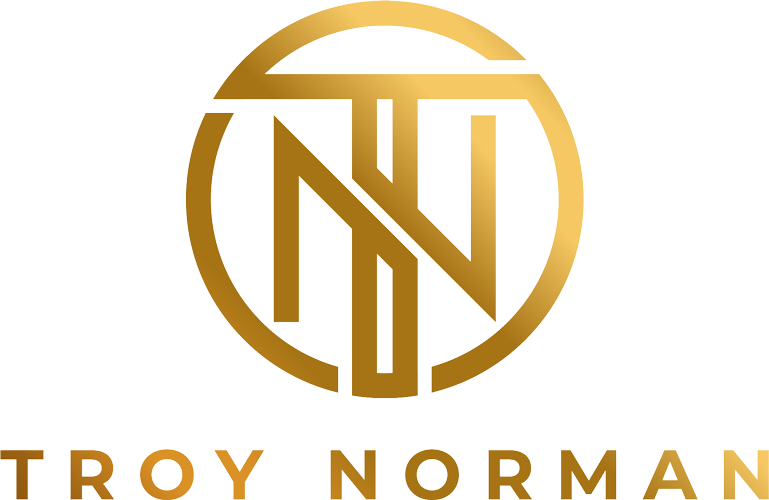Have you ever found yourself struggling to connect with someone from a different cultural background? Or perhaps you’ve unintentionally made assumptions or judgments based on someone’s race, gender, or age? In today’s globalized workplace, cultural competence has become an essential skill for leaders. The ability to understand and value diverse perspectives, promote inclusion, and communicate effectively across cultures is critical for success in today’s interconnected world. But where do you begin? How do you develop the self-awareness necessary to become a culturally competent leader? In this post, we’ll explore why self-awareness is the first step in becoming a culturally competent leader, and provide you with tips and strategies to develop this important skill. So, whether you’re leading a team of two or two hundred, read on to discover how to become a leader who values diversity, promotes inclusion, and communicates effectively across cultures.
Why Self-Awareness is Key
Self-awareness is the foundation of cultural competence. It’s important to understand your own biases and assumptions to be able to communicate effectively across cultures. By becoming more self-aware, you’ll be able to identify your own biases and learn how to communicate more effectively. This will help you create a more inclusive work environment and connect with people from different backgrounds.
Tips for Developing Self-Awareness
There are several ways to develop self-awareness. Here are a few tips:
- Reflect on your own experiences and biases. Think about how your background and experiences shape your perspective. Identify your biases and assumptions and challenge them.
- Seek feedback. Ask colleagues and team members for feedback on your communication and leadership style. Be open to constructive criticism and use it to improve.
- Learn about different cultures. Educate yourself about different cultures and their customs, values, and communication styles. This will help you understand and connect with people from different backgrounds.
- Practice active listening. Listen to what others are saying without judgment or interruption. Try to understand their perspective and show empathy.
In conclusion, self-awareness is the foundation of cultural competence, and developing this skill is essential for leaders who want to succeed in today’s globalized workplace. By becoming more self-aware, you can better understand your own biases and assumptions, and learn how to communicate more effectively across cultures. As a leader, it’s your responsibility to promote diversity, equity, and inclusion in your team and organization, and developing cultural competence is a crucial step in achieving this goal.
Contact Troy Norman Coaching
If you’re interested in learning more about how to become a culturally competent leader, please don’t hesitate to contact me. Whether you’re looking for one-on-one coaching, customized training for your team, or simply want to continue the conversation, I’m here to help. Together, we can create a more inclusive and culturally competent workplace, where everyone can thrive. So, take the first step today and reach out to me to learn more.
Feel free to visit my website at https://troynorman.net


